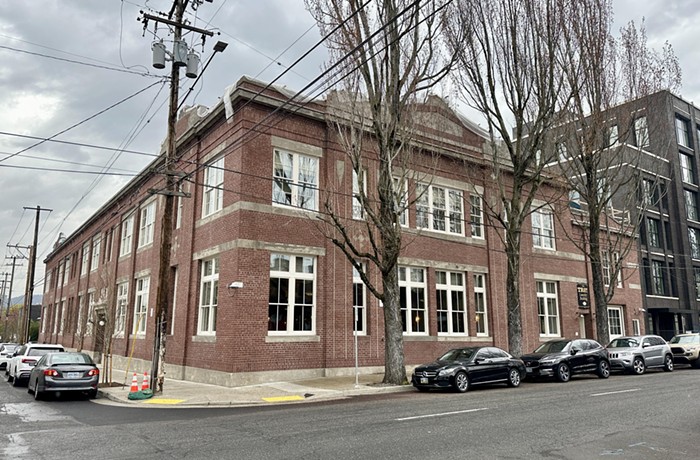
[The following is an editorial opinion piece written by Oregon State Rep. Janelle Bynum, a Democrat who represents Happy Valley and sections of East Portland, Gresham, and Clackamas. She is also a business owner and parent. Here, she explains why she and other elected officials are urging Gov. Kate Brown to expand mental health programming for Oregonians during the pandemic—and beyond. —eds.]
We have been under this stay-at-home order for 30 days. It has been hard on everyone: frontline medical professionals, public safety officers, businesses, restaurants, childcare providers, teachers, parents, children, and even me.
I have been married to a wonderful man for almost 22 years—7,940 days, to be exact. Of all the challenging things I have put him through, like grad school, brutal campaigns, and legislative sessions, it’s been my deterioration as a sleep partner that has been among our most difficult issues. I like to take on evil villains in my sleep, and it has only gotten worse since this pandemic began. After one memorable fitful night’s sleep last week, I knew something needed to change. Hearing and responding to my constituents’ pain was taking a toll on me. Vicarious trauma. Dealing with my own pain in managing my business was not helping either. Personal trauma.
I am worried about how we are all supposed to pay our bills, how we will make our rent payments, and how we will feed our families. The anxiety that so many Oregonians are facing right now greatly pains me. We are being crushed by it. And, as always, communities of color are bearing the brunt.
I realized, like so many people, that I needed freedom from the stress and that I would need help. The first step was to make some immediate changes—like taking a daily walk, limiting my daily news consumption, exercising my faith, and determining how I wanted to emerge from this crisis. My next step was to find a counselor with availability and an understanding of my personal needs—a task that is, unfortunately, easier said than done.
Why? Well, Oregon doesn’t have enough mental health providers and it makes it harder than every other neighboring state to become one. Long before this pandemic, we knew we had a problem. Waiting lists at the county health departments were full. Scheduling an initial appointment for a pediatric counselor for one of my own children took me two months last year. In short: We have a full-blown mental health crisis made even worse by the current pandemic.
Every day, we are figuring out that some of our laws and regulations need to be more flexible during times of crisis. We are seeing that the systems we had in place before this pandemic were not meeting the needs of many people. The COVID-19 crisis has only further highlighted those issues. We have been finding ways to quickly innovate and make new rules or relax some requirements in other areas. The mental health field could use the same level of flexibility.
We don't have to accept this broken state of affairs in our state.
That’s why I am spearheading an effort with a bipartisan group of lawmakers, city and county leaders, organizations, practitioners, advocates, and students to increase the supply of mental health practitioners and to create a fund to support the mental health needs of all Oregonians.
We are calling on the Governor to adopt an Executive Order to increase Oregon’s mental health workforce. The order should: Reduce the hourly requirement to become a fully licensed mental health practitioner, allow supervised mental health interns to bill insurance companies, and create a COVID-19 Mental Health Relief Fund that ensures that anyone who is seeking mental health care is able to get it free of charge.
Read our proposal to Gov. Brown here.
I don’t want Oregonians to just survive this pandemic—I want them to thrive. Whether you’re unemployed, under-resourced, or undocumented right now, I want you to know we support you. I believe this is one step in the right direction.

















